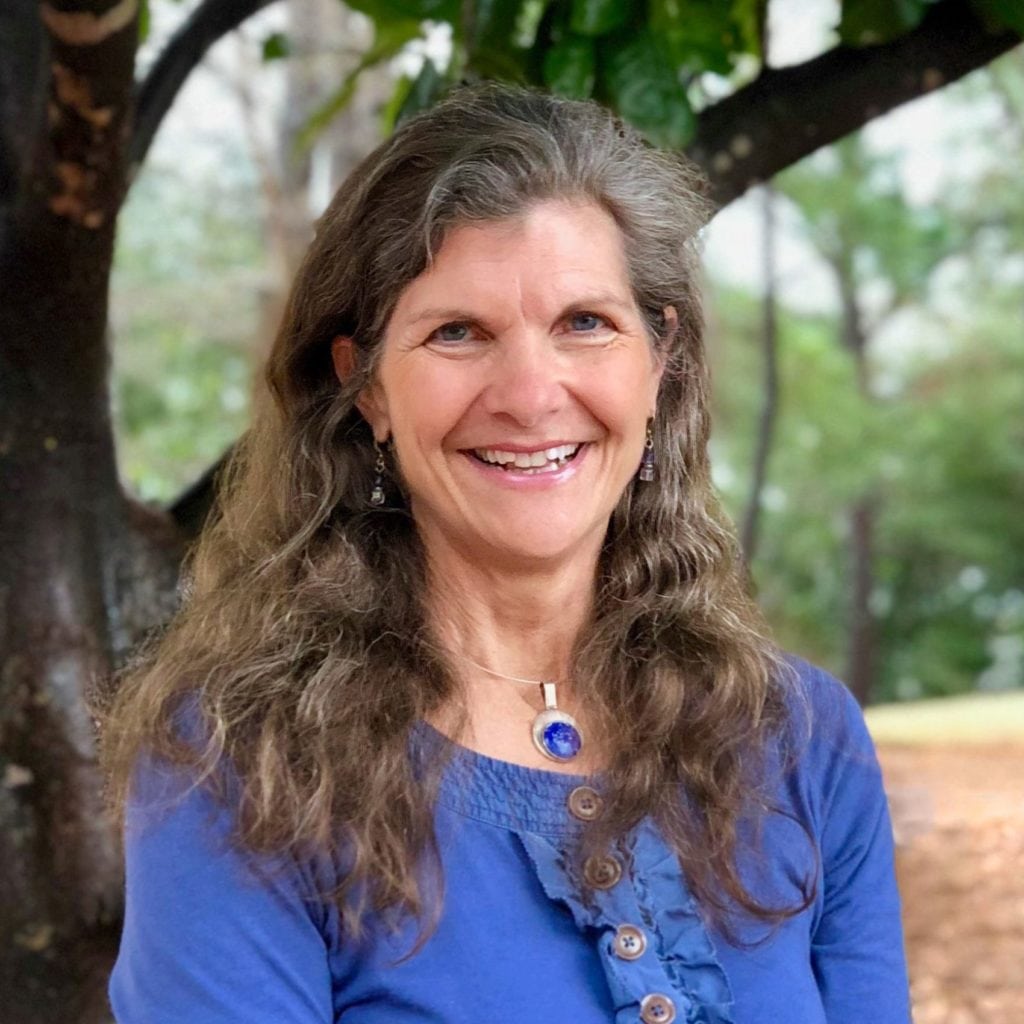May 31, 2019
Athens, Ga. – University of Georgia ecologist Amy Rosemond is the new president of the Society for Freshwater Science. Rosemond began her term at the group’s 2019 annual meeting in Salt Lake City in May, after serving for a year as president elect.
A professor in the Odum School of Ecology, Rosemond studies how stressors like excessive nutrients affect the structure and function of freshwater ecosystems. She is a recipient of the University of Georgia Creative Research Medal in Natural Sciences and Engineering and is an elected Fellow of the Ecological Society of America.
The Society for Freshwater Science is an international scientific organization dedicated to promoting understanding of freshwater ecosystems. Founded in 1953 as the Midwest Benthological Society, SFS now has nearly 1,800 members from around the world, drawn from academia, private consulting, government agencies and non-governmental organizations.
SFS provides its members access to professional and student awards and travel grants, a mentoring network for students, and publications including the journal Freshwater Science, among other benefits.
Another important function of SFS is to provide expert comment for policies that affect freshwater ecosystems. “Because of the scope of environmental issues and the imperative to address them with the best information possible, our work is more important than ever,” Rosemond said.
To strengthen the effectiveness of the society’s outreach to the public and decision makers, Rosemond’s top organizational priority is increasing the size and diversity of the membership.
“In my professional life, SFS has helped me develop and become ‘who I am’ in providing a community to learn from, be inspired by, and contribute to,” Rosemond said. “I have been able to call the society ‘home’ for over 30 years. It is essential that we make the society inclusive and welcoming to new members, particularly to previously underrepresented groups, such that they also experience a similar sense of ‘home.’”
Rosemond said that committing to a truly inclusive scientific society involves all members and needs to permeate everything from meeting planning to service on committees. At the society’s business lunch, she urged members to increase their awareness of inclusion, expand their collaborative networks, and join efforts to make support of the newest members the society’s top priority.
“We need to broaden our engagement with society, which will only be possible through a culturally and geographically broad membership,” she said. “We need to increase access to the society and its services and provide a platform for the greatest possible impact of our collective activities. By creating a welcoming and inclusive mentoring network for all, we can impact the diversity of places and institutions that need our expertise and voices.”
Once her term as president ends, Rosemond will serve as past president for the following year. She will be succeeded by University of Georgia ecology alumnus Alonso Ramirez, a professor of applied ecology at North Carolina State University.

